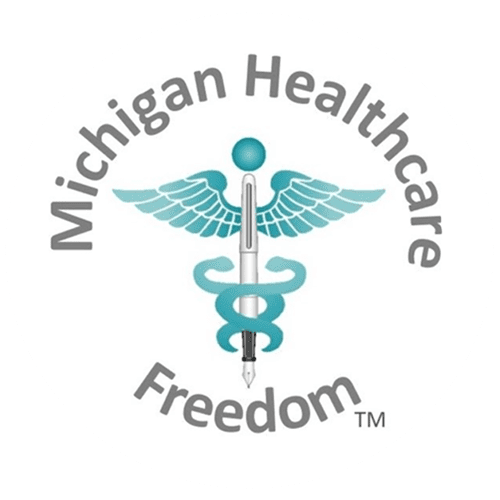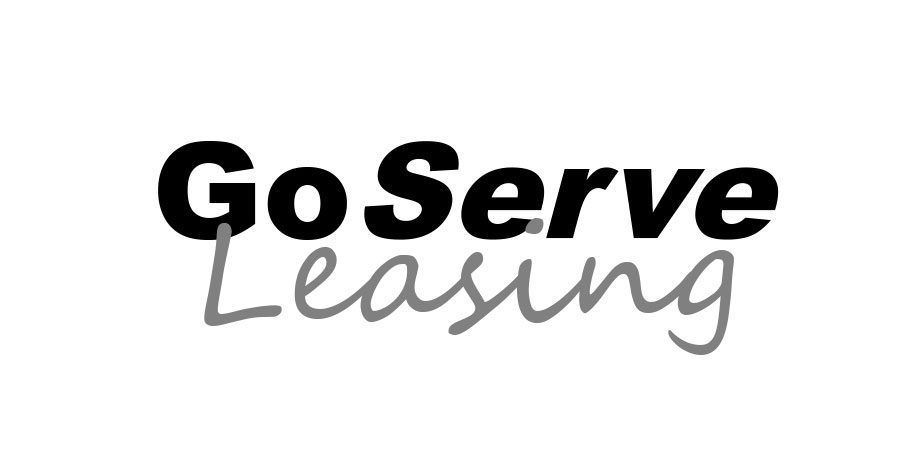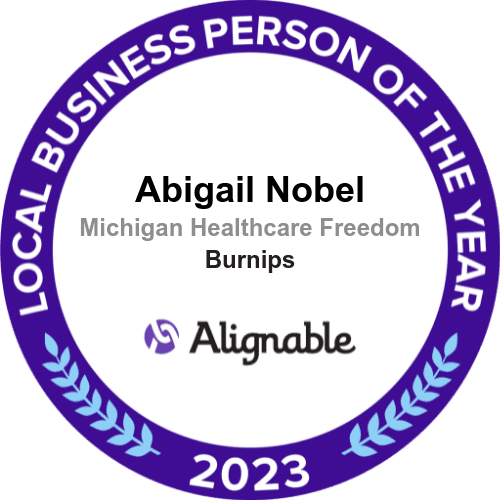
Astounding.
We have an insulin shortage, so our our legislature proposes Bills 1 and 2 - replete with perhaps the only thing that could make the insulin market worse: more government involvement.
And see the final agenda item, sending EMS bill to the committee on government operations?
Emergency Medical Services (EMS) were placed under MDHHS control by the Snyder administration. Not only does MMDHS control EMS licensing, testing, and education qualifications, but it also governs the regional EMS command and control power structure that sets practices (removing legal liability) and directs personnel in the field.
It's like a paramilitary organization, all under the label of health.
Wednesday, February 28, 2024
TIME: 12:15 PM or after committees are given leave by the House to meet, whichever time is later.AGENDA:
Presentation on Diabetes.
HB 4890 (Rep. VanderWall)
Health; pharmaceuticals; insulin production program; establish.HB 5519 (Rep. Conlin)
Economic development; Michigan strategic fund; insulin production program; include in report of activities.Refer to the House Committee on Government Operations:
SB 249 (Sen. Hertel)
Health occupations; emergency medical services personnel; examinations for certain emergency medical services personnel; modify, and require certain notices from education program sponsors.OR ANY BUSINESS PROPERLY BEFORE THIS COMMITTEE
California tried this back in 2020. Gov. Newsom announced a state insulin manufacturing project, and CA passed a law the same year. Insulin production was projected to begin as soon as early 2024, but despite frequent headlines in 2023 and a website ready to sell - nada.
For this and the following reasons, diabetics probably won't want to hold their breath for Michigan insulin.
Despite ongoing shortages, Crain's Detroit recently published, "Should Michigan get into the insulin business? Dropping market prices could thwart plan." The article is behind a paywall, but the title alone says a lot.
I'm still seeing $150-$300+ per vial on GoodRX, but they agree there's been a drop of approximately 10%.
Why is the price of insulin dropping?
President Biden and Congress would like to credit Medicare price caps and other federal policy changes.
BUT - and as a dairy farmer's daughter I absolutely love this - Science Alert has a far more entertaining explanation.
Good old competition from the world of agricultural research!
https://www.sciencealert.com/scientists-engineer-cow-that-makes-human-insulin-proteins-in-its-milk
Scientists Engineer Cow That Makes Human Insulin Proteins in Its Milk
18 March 2024 | ByJESS COCKERILLA genetically modified cow has produced proteins needed for human insulin in its milk, and the scientists behind the experiment have high hopes that a herd of these cattle could solve the world's insulin supply problems.
If such a herd were viable – and, based on this first case, that's still a long way off – the researchers think it could out-compete current insulin production methods, which rely on genetically modified yeast and bacteria.
http://www.gene.com/media/press-releases/4160/1978-09-06/first-successful-laboratory-production- o">Insulin – and its role in diabetes – was first discovered in 1921, and for many years diabetics were treated with insulin sourced from the pancreases of cattle and pigs.
But in 1978, the first 'human' insulin was produced using proteins from genetically engineered E. coli bacteria, which, along with similar processes that use yeast instead of bacteria, is the main source of medical insulin to this day.
While turning to cows for human insulin supply isn't new, the new study is the first time 'human' insulin production has been achieved in a genetically modified bovine.
The research team, led by animal scientist Matt Wheeler from the University of Illinois Urbana-Champaign, inserted a particular segment of human DNA that codes for proinsulin (a protein that's converted to insulin) into the cell nuclei of 10 cow embryos, which were then inserted into the wombs of normal cows.
Only one of these genetically modified embryos developed into a pregnancy, leading to the natural birth of a living, transgenic calf.
When it reached maturity, the team made a variety of attempts to get the genetically modified cow pregnant, by artificial insemination, in vitro fertilization, and even the old-fashioned way. None were successful, but the team notes this may be more to do with how the embryo was created than the fact it was genetically modified.
Eventually they were able to get the cow to lactate via hormonal induction, using an undisclosed method attributed to animal reproduction technologist Pietro Baruselli from the University of São Paulo.
The cow didn't lactate as much as it would during a pregnancy, but what little milk it did produce over a month was examined to look for specific proteins, using western blotting and mass spectrometry.
The blotting revealed two bands with similar molecular masses to human proinsulin and insulin, which were not present in the milk of non-transgenic cows. Mass spectrometry indicated the presence of the C-peptide that's removed from human proinsulin in the process of creating insulin, which suggests that enzymes in the cow's milk may have converted the 'human' proinsulin into insulin.
"Our goal was to make proinsulin, purify it out to insulin, and go from there. But the cow basically processed it herself. She makes about three to one biologically active insulin to proinsulin," Wheeler says.
In 2014, a similar kind of genetic modification was achieved in mice, whose milk contained up to 8.1 grams per liter of human proinsulin. Comparable concentrations were not reported in this new study, but that hasn't stopped Wheeler from thinking about scaling up.
A typical unit of insulin is 0.0347 milligrams, so if, as Wheeler proposes, each cow could make one gram of insulin per liter of milk, that's 28,818 units of insulin.
"You'd need specialized, high-health-status facilities for the cattle, but it's nothing too out of the ordinary for our well-established dairy industry," he says.
"I could see a future where a 100-head herd… could produce all the insulin needed for the country. And a larger herd? You could make the whole world's supply in a year."
This research was published in Biotechnology Journal.
Like most expensive products, high insulin prices will last only as long as Big Pharma can lobby to extend patent protection and otherwise block competition from generic knock-offs.
And it's not just insulin, but all biologic (cell-based) drugs. Some of them for cancer, rheumatoid arthritis, and other diseases cost thousands of dollars per dose.
It's pretty amazing how far manufacturers will go to keep your pharmacist from substituting biologic equivalents for originals like Lantus, Humalog, etc.
I testified against Big Pharma efforts to erect Michigan state legal barriers to "generic" biologics in 2018. The rest of that story is here.







